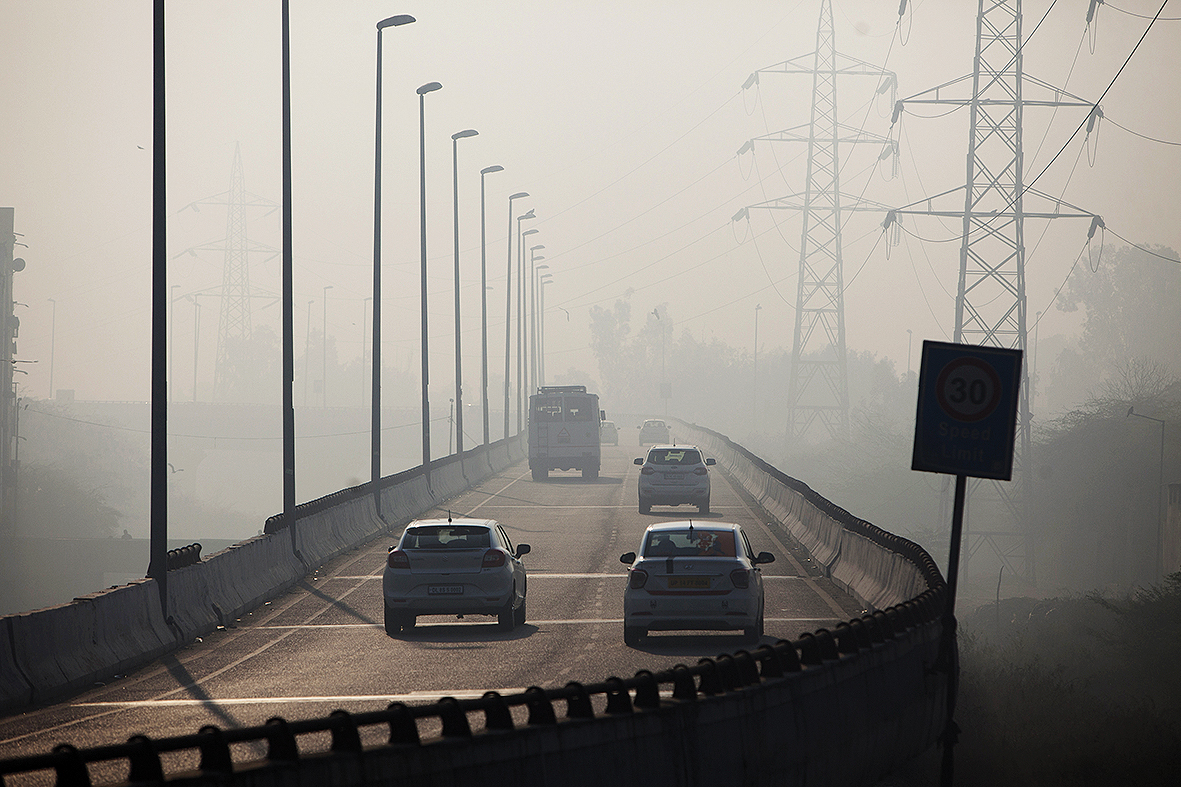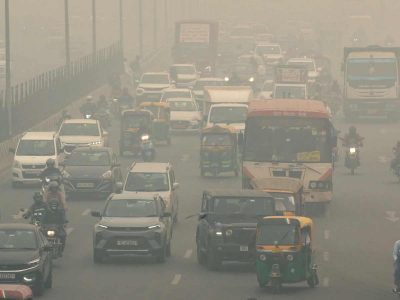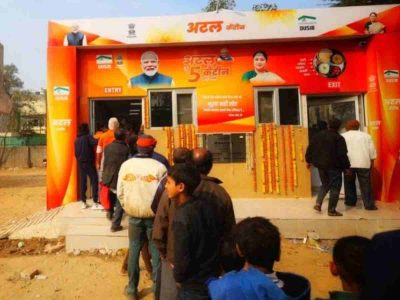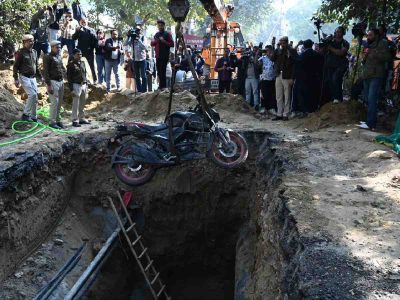According to the Statistical Handbook-2023, over 1.40 lakh aging vehicles were scrapped during the financial year 2022-23, a significant increase from the 4,923 deregistered vehicles in the previous fiscal year 2021-22. The handbook, which presents socio-economic data for the national capital, was released by the Economic and Statistics department of the Delhi government.
The surge in vehicle scrapping aligns with the objectives of the Delhi government’s Electric Vehicle Policy, introduced in August 2020. This policy aimed to boost the adoption of electric vehicles in Delhi, targeting a 25% share by the year 2024. To incentivize scrapping, the policy provided various incentives. Although the policy lapsed last year, it received multiple extensions and was recently extended until March 31, as Electric Vehicle Policy 2.0 is currently in development.
The document reveals that 4,923 vehicles were scrapped in the 2021-22 fiscal year, while a substantial 1,40,342 vehicles were scrapped in the subsequent financial year. Additionally, 54,95,838 aging vehicles were deregistered in the 2022-23 fiscal, compared to 48,77,646 in the previous fiscal.
In the same period, 6,23,034 deregistered vehicles obtained a no objection certificate (NOC) from the Transport department to be relocated to other states, a notable increase from the 83,240 vehicles that did the same in the 2021-22 fiscal.
Notably, the Supreme Court had imposed a ban on diesel and petrol vehicles older than 10 and 15 years, respectively, in Delhi in 2018. Violating vehicles were subject to impoundment.
Regarding electric buses, the document highlights a substantial increase from only two electric buses in 2021-22 (non-operational) to 300 in the following fiscal year, with 202 actively on the roads. The number of passengers using these buses also saw a considerable rise, going from 5702.20 lakh in 2021-22 to 9132.90 lakh in 2022-23.
On the safety front, the data indicates a decrease in the number of bus accidents from 118 in 2021-22 to 95 in 2022-23. In the former fiscal, 20 buses were involved in fatal accidents, with four in major accidents and 71 in minor accidents. In the subsequent fiscal, 36 buses were involved in fatal accidents, 10 in major accidents, and 72 in minor accidents.
Specifically, 55 cluster buses were involved in accidents in 2022-23, with 29 in fatal accidents, 15 in major accidents, and 11 in minor accidents.
(With PTI inputs)





